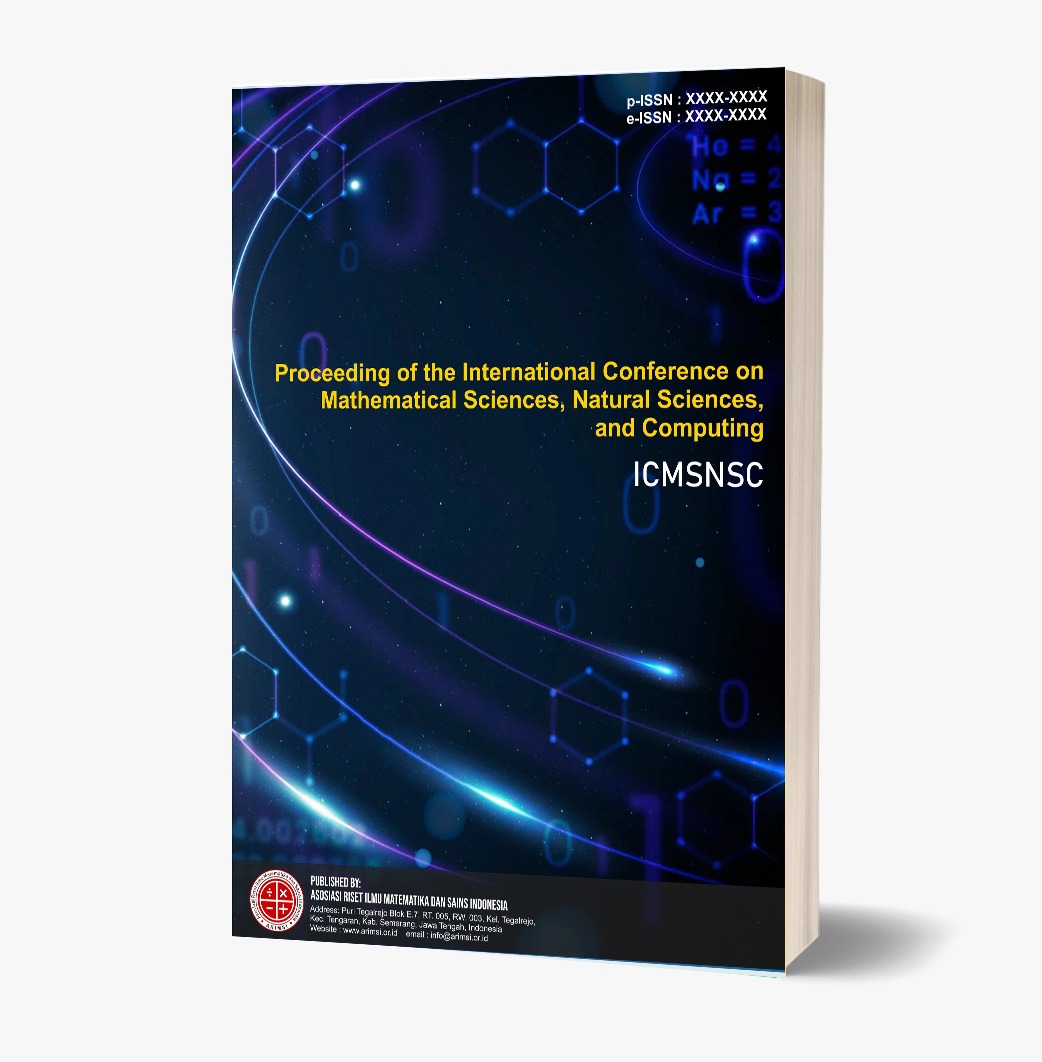The Role of Quantum Computing in Advancing Numerical Methods for Scientific Research
Keywords:
Quantum computing, numerical methods, scientific research, optimization, simulationAbstract
Quantum computing has emerged as a transformative technology with the potential to revolutionize numerical methods in scientific research. This study explores the integration of quantum algorithms to enhance the efficiency and accuracy of computational techniques used in solving complex scientific problems. The objective of this research is to investigate how quantum computing can address limitations in classical numerical methods, particularly in areas such as optimization, simulation, and data analysis. By employing quantum-enhanced algorithms, such as quantum Monte Carlo and quantum machine learning, the study demonstrates significant improvements in processing speed and solution quality. The findings highlight the capability of quantum computing to tackle challenges in high-dimensional computations and provide novel insights into scientific phenomena. These advancements have profound implications for disciplines ranging from physics and chemistry to material science and beyond, paving the way for a new era of computational-driven discoveries.
References
Arute, F., Arya, K., Babbush, R., et al. (2019). Quantum supremacy using a programmable superconducting processor. Nature, 574(7779), 505-510. https://doi.org/10.1038/s41586-019-1666-5
Grover, L. K. (1996). A fast quantum mechanical algorithm for database search. Proceedings of the 28th Annual ACM Symposium on Theory of Computing, 212-219. https://doi.org/10.1145/237814.237866
Harrow, A. W., Hassidim, A., & Lloyd, S. (2009). Quantum algorithm for linear systems of equations. Physical Review Letters, 103(15), 150502. https://doi.org/10.1103/PhysRevLett.103.150502
Harrow, A. W., Hassidim, A., & Lloyd, S. (2009). Quantum algorithm for linear systems of equations. Physical Review Letters, 103(15), 150502. https://doi.org/10.1103/PhysRevLett.103.150502
Harrow, A. W., Hassidim, A., & Lloyd, S. (2009). Quantum algorithm for linear systems of equations. Physical Review Letters, 103(15), 150502. https://doi.org/10.1103/PhysRevLett.103.150502
Nielsen, M. A., & Chuang, I. L. (2010). Quantum Computation and Quantum Information: 10th Anniversary Edition. Cambridge University Press.
Nielsen, M. A., & Chuang, I. L. (2010). Quantum Computation and Quantum Information: 10th Anniversary Edition. Cambridge University Press.
Nielsen, M. A., & Chuang, I. L. (2010). Quantum Computation and Quantum Information: 10th Anniversary Edition. Cambridge University Press.
Preskill, J. (2018). Quantum Computing in the NISQ era and beyond. Quantum, 2, 79. https://doi.org/10.22331/q-2018-08-06-79
Preskill, J. (2018). Quantum Computing in the NISQ era and beyond. Quantum, 2, 79. https://doi.org/10.22331/q-2018-08-06-79
Preskill, J. (2018). Quantum Computing in the NISQ era and beyond. Quantum, 2, 79. https://doi.org/10.22331/q-2018-08-06-79
Preskill, J. (2018). Quantum computing in the NISQ era and beyond. Quantum, 2, 79. https://doi.org/10.22331/q-2018-08-06-79
Rebentrost, P., Mohseni, M., & Lloyd, S. (2014). Quantum support vector machine for big data classification. Physical Review Letters, 113(13), 130503. https://doi.org/10.1103/PhysRevLett.113.130503
Rebentrost, P., Mohseni, M., & Lloyd, S. (2014). Quantum support vector machine for big data classification. Physical Review Letters, 113(13), 130503. https://doi.org/10.1103/PhysRevLett.113.130503
Rebentrost, P., Mohseni, M., & Lloyd, S. (2014). Quantum support vector machine for big data classification. Physical Review Letters, 113(13), 130503. https://doi.org/10.1103/PhysRevLett.113.130503
Shor, P. W. (1997). Polynomial-time algorithms for prime factorization and discrete logarithms on a quantum computer. SIAM Journal on Computing, 26(5), 1484-1509. https://doi.org/10.1137/S0097539795293172






